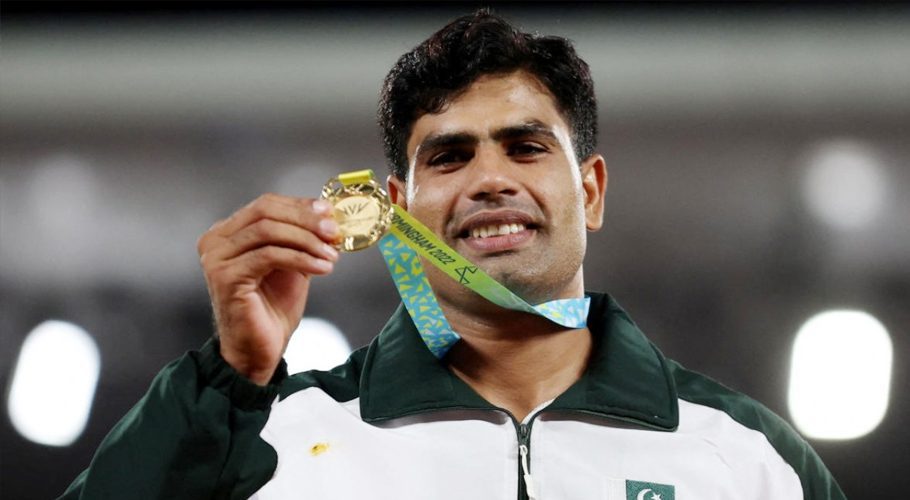The “hybrid model” adopted for the upcoming ICC Champions Trophy 2025 has drawn criticism, with former cricketers claiming it grants India an unfair advantage by allowing them to play all their matches at a single venue.
According to a report by Dawn News on Monday, the tournament, scheduled from February 19 to March 9 in Pakistan, faced a major dispute when the Board of Control for Cricket in India (BCCI) refused to send its team to Pakistan, citing political and security concerns.
After weeks of deadlock, a hybrid model was finalized, permitting India to play all its games in Dubai, including the semi-final and final if it qualifies. Former Australian all-rounder Shane Watson termed India’s refusal to travel to Pakistan as “unfortunate.”
Meanwhile, Pakistan fast-bowling legend Salim Altaf highlighted the competitive imbalance created by this arrangement, stating, “India is the only team that knows where it will play the semi-finals and the final, while the other teams will only know that after the group stage.”
Unlike other teams that will navigate three venues across Pakistan and Dubai, India will avoid the logistical challenges of travel and acclimatization to varying conditions. Former Pakistan captain Intikhab Alam pointed out that India will gain the added advantage of consistent pitch conditions and a familiar cricketing environment in Dubai.
India’s group opponents like Pakistan, Bangladesh, and New Zealand, face a more complex task, preparing teams to perform across two countries with differing pitch and weather conditions. Pakistan’s only consolation is a similar arrangement during the 2026 T20 World Cup, where they will play all their matches in Sri Lanka, co-hosted by India and Sri Lanka.
Mr. Alam expressed disappointment over the lack of objections from other cricket boards, stating, “The model is inherently unfair for other competing nations.” He also recalled similar advantages granted to India during the 2024 T20 World Cup in the US and West Indies, where India’s semi-final venue was pre-decided, regardless of their group-stage standing.
The controversy surrounding the hybrid model underscores India’s influence as the financial powerhouse of global cricket, with critics questioning the integrity of competitive balance in international tournaments.






































